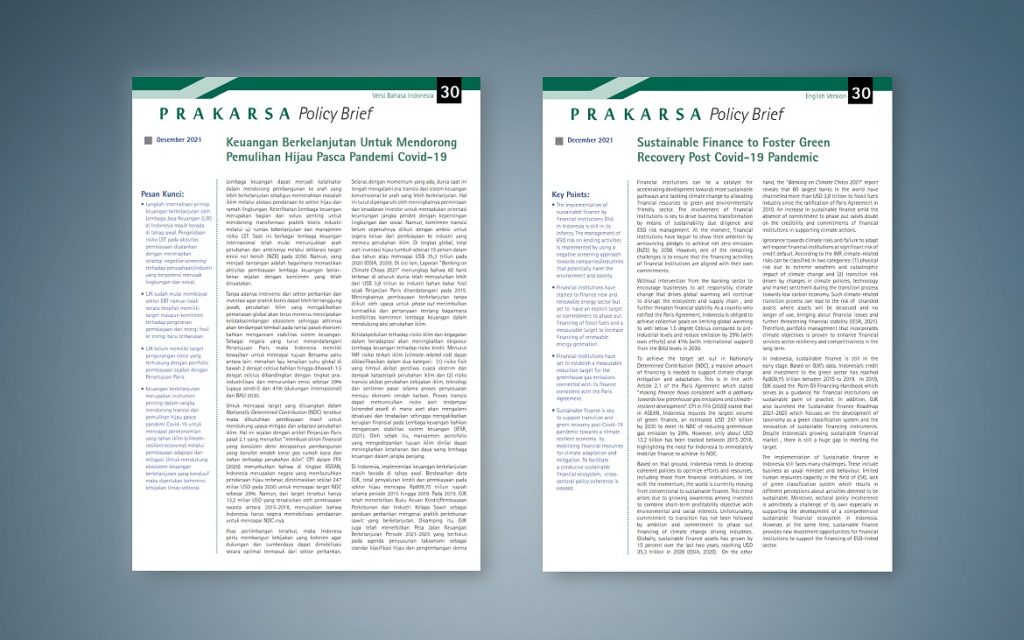current news, Jakarta – The Central Statistics Agency (BPS) reported (5/08) that the Indonesian economy in the second quarter of 2020 contracted by 5,32 percent (yoy). Cumulatively, the Indonesian economy contracted by 1,26 percent when compared to the first semester of 2019.
BPS also stated that household consumption as the largest component of the source of Indonesia's economic growth was the biggest contributor to the decline at -2,96 percent, followed by investment at -2,73 percent.
The Executive Director PRAKARSA, Ah Maftuchan said that the decline in household consumption was a signal for the government to immediately evaluate social protection programs in efforts to deal with Covid-19. Universal basic income (universal income guarantee), namely unconditional cash assistance for all residents, can be an alternative in boosting household consumption.
"Universal income guarantees can be given to all citizens of productive age and the elderly for a minimum of 3 months with a value of IDR 500-600 thousand per month," said the Executive Director of The PRAKARSA, Ah Maftuchan in his press release, Jakarta, Thursday (6/08).
According to Mafthuchan, so that economic growth does not return to negative in the third and fourth quarters, the government must be serious in reforming the procedures for accelerating expenditure execution at the central, regional and village levels. Because if economic growth is negative for two consecutive quarters, it can make the Indonesian economy enter a recession phase and this must be avoided.
"History proves that an economic recession has always been synonymous with a decline in people's purchasing power and an increase in unemployment on a massive scale," he said.
Mafthuchan added, as for the employment aspect, the Covid-19 pandemic had an impact on the unemployment rate in Indonesia. According to him, OECD data said the unemployment rate was at 8,4 percent in May 2020, up 3,2 percent compared to February 2020.
"In responding to this problem, the government needs to provide social protection and increase skills in dealing with the economy in the pandemic era. Job creation through labor-intensive programs and industrialization must be increased immediately considering that every year there are around 2 million new workers in Indonesia," said Maftuchan.
Sumber: Current news


